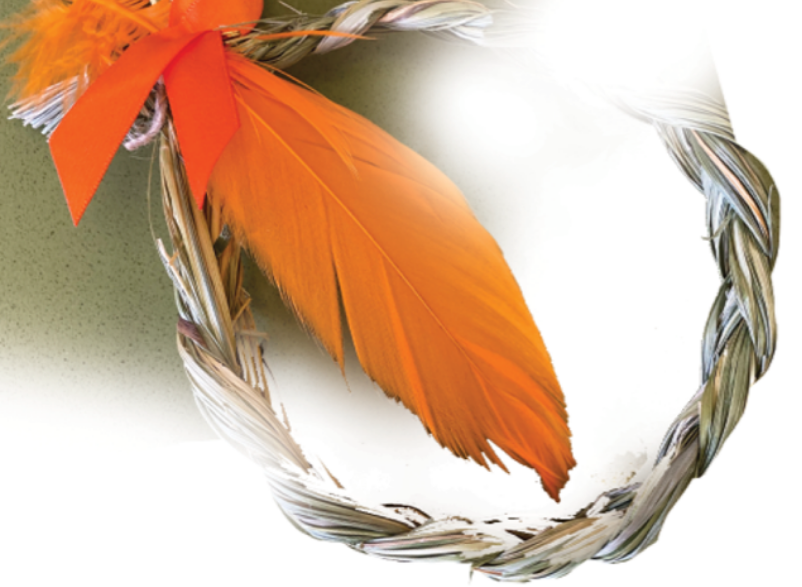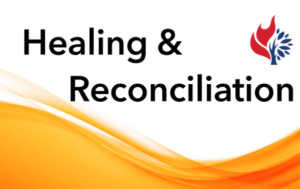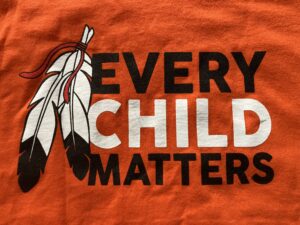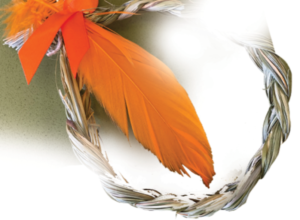
This week, St. Andrew’s began its life-long learning series that focuses on healing and reconciliation.
United Church of Canada Reconciliation and Indigenous Justice Animator Lori Ransom – an Indigenous woman who also serves as an ordained elder in the Presbyterian Church in Canada – talked about relationships.
The relationships predate residential schools, which date to the 19th century. The relationship with the Indigenous peoples goes much further back, to about 500 years ago when explorers first landed and began mapping the continent and preparing it for settlers.
“It is about relationships and the quality of relationships we’re working on. The work is to work through the wounds of history,” she said.
The wounds.
“Can you imagine not being able to leave the small area where you lived without a pass from an Indian agent?” she said, as she introduced the context of the government policy framework designed to coerce the Indigenous communities to conform to the Eurocentric customs being imported.
Government policies banned chiefs from meeting, communities from gathering for spiritual ceremonies and customs like potlach and sun dances.

Residential schools were a part of the conformity work as they took children from their homes and taught them in a foreign language, far away from their parents and natural support systems.
Children didn’t attend their nearest residential school; they were usually taken far away. “When you realize kids from Sarnia were being taken to near Sault Ste. Marie , something’s up. That something is that it was recognized that kids needed to be taken away from their parents to learn English or French and learn Eurocentric traditions.”
The trauma was felt not just by the kids. Imagine living in a community without any kids – no laughter, no kids playing games in the yard, no youthful energy. Undoubtedly it was traumatic for parents and those left behind as well.

It is indeed about relationships.
And any territorial acknowledgement includes words to the effect that we are committed to building a relationship based on respect and cooperation.
A relationship includes an acknowledgement that the other person has something to give you and to teach you.
So as we begin the series, available on our website and YouTube https://youtu.be/UXisoMeZGgM, let’s all consider how we can build a relationship:
Do we want to learn about Indigenous culture? A visit to the library and looking for an Indigenous author would give insight; the Barrie Public Library has Indigenous authors’ works on CloudLibrary.
The University of Alberta has a course, offered free on Coursera, that explores so many topics and uses the arts and music to make the online learning engaging.https://www.ualberta.ca/admissions-programs/online-courses/indigenous-canada/index.html
Or more locally, the Barrie Native Friendship Centre offers events. Go meet people. Learn. Start a conversation.
It’s all about a relationship. And relationships are personal, unique and something each one of us can do.
Together, let’s move forward and build a new relationship based on healing and respect. We can change ourselves and together, we can change our corner of the world.

